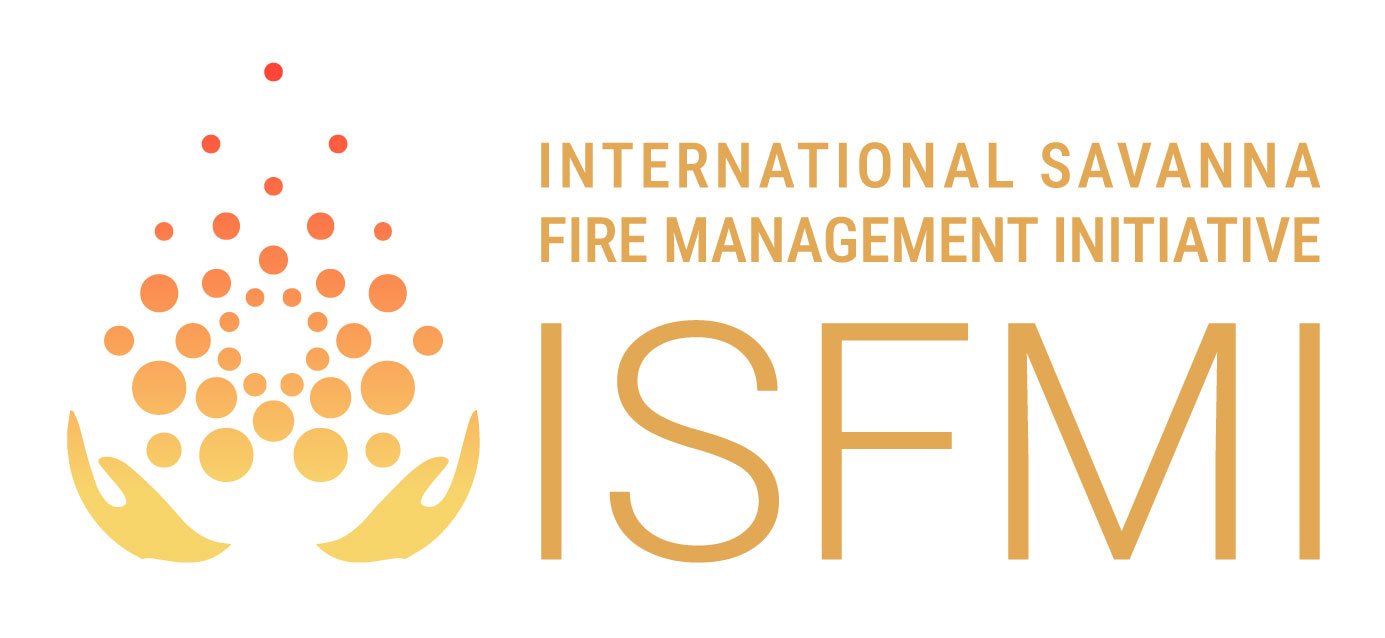AbCF Training Course - Top End Aboriginal Rangers Qualified in Carbon Farming and Co-Benefits Verification
The Aboriginal Carbon Foundation has announced January 2021 that the carbon industry in the Top End of the Northern Territory (NT) has its first qualified Aboriginal rangers in carbon farming and the verification of environmental, social and cultural co-benefits.
Aboriginal Rangers from Waanyi Garawa and Garawa (Borroloola), Wardaman (Katherine), Malak Malak (Daly River), and Timber Creek country underwent a five-day nationally accredited training course developed by the Aboriginal Carbon Foundation (AbCF) in partnership with the Centre for Appropriate Technology Limited (CfAT).
AbCF CEO Rowan Foley said the Aboriginal Carbon Farming and Core Benefits Management training course enables greater independence for Aboriginal ranger groups, job opportunities as co-benefit verifiers and adds value to the carbon industry more broadly.
“We now have more qualified Aboriginal rangers that can verify environmental, social and cultural co-benefits in the NT and elsewhere. This sharing of traditional knowledge and working together across Aboriginal ranger groups adds real value to the savanna burning carbon projects in the voluntary market,” Mr Foley said.
The AbCF supports carbon farming projects led by Indigenous Rangers and Traditional Owners.
The not for profit company supports sustainable carbon economies on Aboriginal lands through the trade of Australian Carbon Credit Units (ACCU) with environmental, social and cultural co- benefits to corporate Australia in the voluntary market for a premium price.
Course participant, Malak Malak Land Management Assistant Ranger Coordinator Sheila White, said: “I thought it was brilliant to know that there are Aboriginal people supporting Aboriginal Rangers to help us understand when we want to go down that line for carbon farming.”
“It made us feel safe to deal with the AbCF to learn about this.” Ms White she said it was interesting to learn about fire in this way.
“When we were little we would go with our Aunties and burn small patches everywhere, so this training was really connecting that with ways of getting paid for it.’” she said.
“We learnt about different types of carbon farming too, not just savannah burning that we do, but learning that there are other ways of getting carbon credits.”
“Having this understanding is great to support other ranger groups.”
“With these carbon farming projects some of these spaces overlap different tribes across northern Australia, so having this training is good as it keeps us all in the loop and we can be in the background as a support to each other,” she said.
Another course participant, Senior Ranger Garawa, Donald Shadforth, said: “Our ancestors used to do early season burning, they would not burn everywhere but pick certain spots about a kilometre from the water hole.”
“Then they’d chuck a match and burn that small area, and because it’s the cool season the fire doesn’t break away. At night when the cool moist comes in it kills the oxygen in the grass and the fire goes out.”
“What we learnt form the course was how we could use this fire and turn it into money. How to import and export that money by carbon credits was new to me and I want to get more into that.” Mr Shadforth said.
“If we sell these carbon credits to companies, we will definitely use that money to generate more income and work for our people.”
“What I put on the table is that carbon farming is putting cultural knowledge and white man knowledge both on the table.”
The AbCF partnered with the CfAT a Registered Training Organisation to develop the course. The Core Benefits Verification Framework has been endorsed by the Queensland Government in the $500m Land Restoration Fund as the only third party assurance for First Nations projects and all projects claiming social and economic co-benefits. The Top End rangers who completed this training course will join the cohort of Aboriginal rangers and travel to other communities within Queensland and the Northern Territory to conduct co-benefits verification.
Background about Aboriginal Carbon Farming and Core Benefits Management (10722 NAT)
Participants of this training course will develop skills in Aboriginal Carbon Farming increasing their ability to: use Information required for carbon farming projects; identify requirements of carbon farming projects; and identify and verify environmental, social and cultural benefits. Completion of the course in Aboriginal Carbon Farming and Core Benefits Management (10722 NAT) provides pathways into the AHC - Agriculture, Horticulture and Conservation and Land Management Training Package, and in particular, as an elective unit for the following qualifications:
• AHC21016 - Certificate II in Conservation and Land Management;
• AHC21216 - Certificate II in Rural Operations;
• AHC31516 - Certificate III in Indigenous Land Management;
• and AHC31416 - Certificate III in Conservation and Land Management.
Background about the Aboriginal Carbon Foundation
The AbCF vision is to catalyse life-changing, community prosperity, through carbon farming. Their aim is to build wealth for Traditional Owners and non-Aboriginal carbon farmers, implementing carbon projects that demonstrate environmental, social and cultural co-benefits, through the ethical trade of carbon credits.
The AbCF was established as a not-for-profit company in 2010 and the majority Indigenous staff are passionate about working to build viable economies on Aboriginal lands. The AbCF is supported by a range of associates and project partners who are equally committed to supporting Indigenous people. The AbCF operates on the cutting edge of ideas and community-based solutions.
For more information on the training opportunities, contact the AbCF , details on their website www.abcfoundation.org.au.


